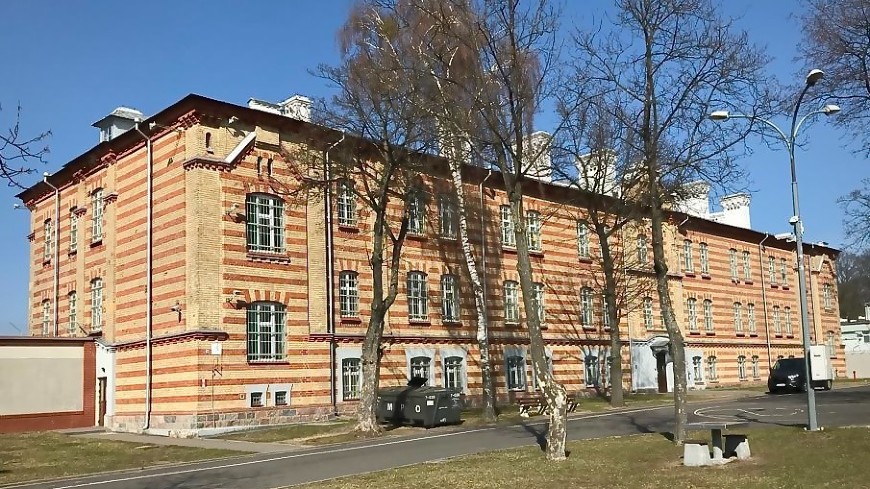The main objective of the visit was to review the measures taken by the Polish authorities in response to the recommendations made by the CPT after previous visits. In this connection, particular attention was paid to the treatment and conditions of detention of persons in police custody, foreign nationals detained in Border Guard establishments, remand prisoners, and forensic psychiatric patients.
In the report, the CPT writes that most detained persons confirmed having been treated by the police in a correct manner. Nonetheless, the delegation received several complaints regarding excessive use of force during apprehension. The CPT also states that the three fundamental rights (the rights of detained persons to notify a third party of their detention and to have access to both a lawyer and a doctor) usually do not become effective from the outset of deprivation of liberty.
Regarding the detention of foreign nationals held under aliens’ legislation, the delegation heard no allegations of ill-treatment of foreign nationals by staff at the three guarded centres visited (in Biała Podlaska, Białystok and Wędrzyn). Material conditions were generally acceptable but there was a near total lack of any constructive purposeful activities. Further, access to specialist medical care was problematic including as regards psychiatric and psychological care. As found during previous CPT visits, the issue of legal assistance was left almost entirely to various non-governmental organisations. Furthermore, the CPT expressed serious misgivings regarding the presence and use of restraint beds in detention facilities for foreigners.
As regards prisons, the CPT regrets to note yet again that, despite its long-standing previous recommendations, the official minimum standard of 3 m² of living space per prisoner (excluding sanitary facilities) has remained unchanged.
Further, the CPT regrets to note that the regime for remand prisoners has remained extremely impoverished. Indeed, the vast majority of remand prisoners still spent days and months on end in a state of idleness, with no meaningful activities, locked up in their cells for up to 23 hours per day. The CPT also notes the lack of progress as regards medical examination of newly arrived prisoners and the fact that newly arrived remand prisoners continue to be routinely subjected to restrictions on visits and telephone calls.
As concerns the National Centre for the Prevention of Dissocial Behaviour (the main premises in Gostynin and the branch in Czersk), the delegation heard no credible allegations of ill-treatment of patients by staff. However, the delegation observed a very high level of security (including CCTV surveillance) which did not appear individualised and adapted to the level of risk. The CPT considers it to be excessive and unacceptable, even more so in the case of female patients who could be watched by male security guards as they were moving into and from the toilet/shower areas in their room.
Living conditions could, in principle, have been described as acceptable and there were satisfactory numbers of care staff. Patients were offered a range of both medical and psycho-social treatments. Further, there was no indication of excessive recourse to seclusion and both mechanical and chemical restraint.
More generally, the CPT expresses the view that ongoing work on amendments to the Act on Procedure vis-à-vis Persons with Mental Disorders who represent a Danger to Life, Health or Sexual Freedom of Other Persons should be the opportunity to fundamentally alter the Centre’s purpose from one based on security to one based on rehabilitation, implying proper preparation for release in cooperation with the relevant structures in the outside community.
In their response, the Polish authorities provide information on the measures taken to implement the CPT recommendations.
The CPT report and the response of the Polish authorities have been made public at the request of the Polish Government. At the same time, the Polish authorities have informed the CPT of their agreement to join the automatic publication procedure, making Poland the 16th State-Party to the Convention to have adopted this procedure.




